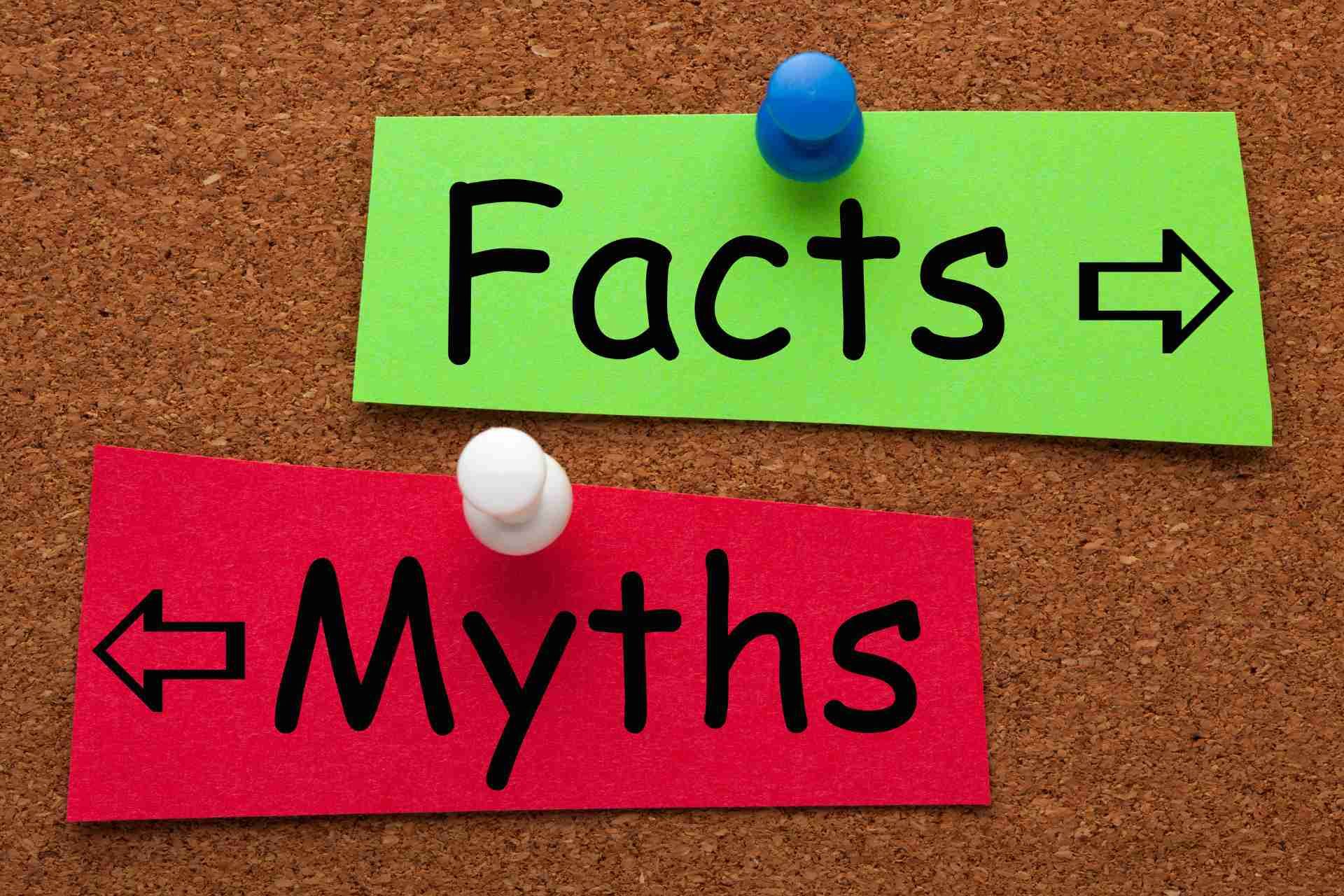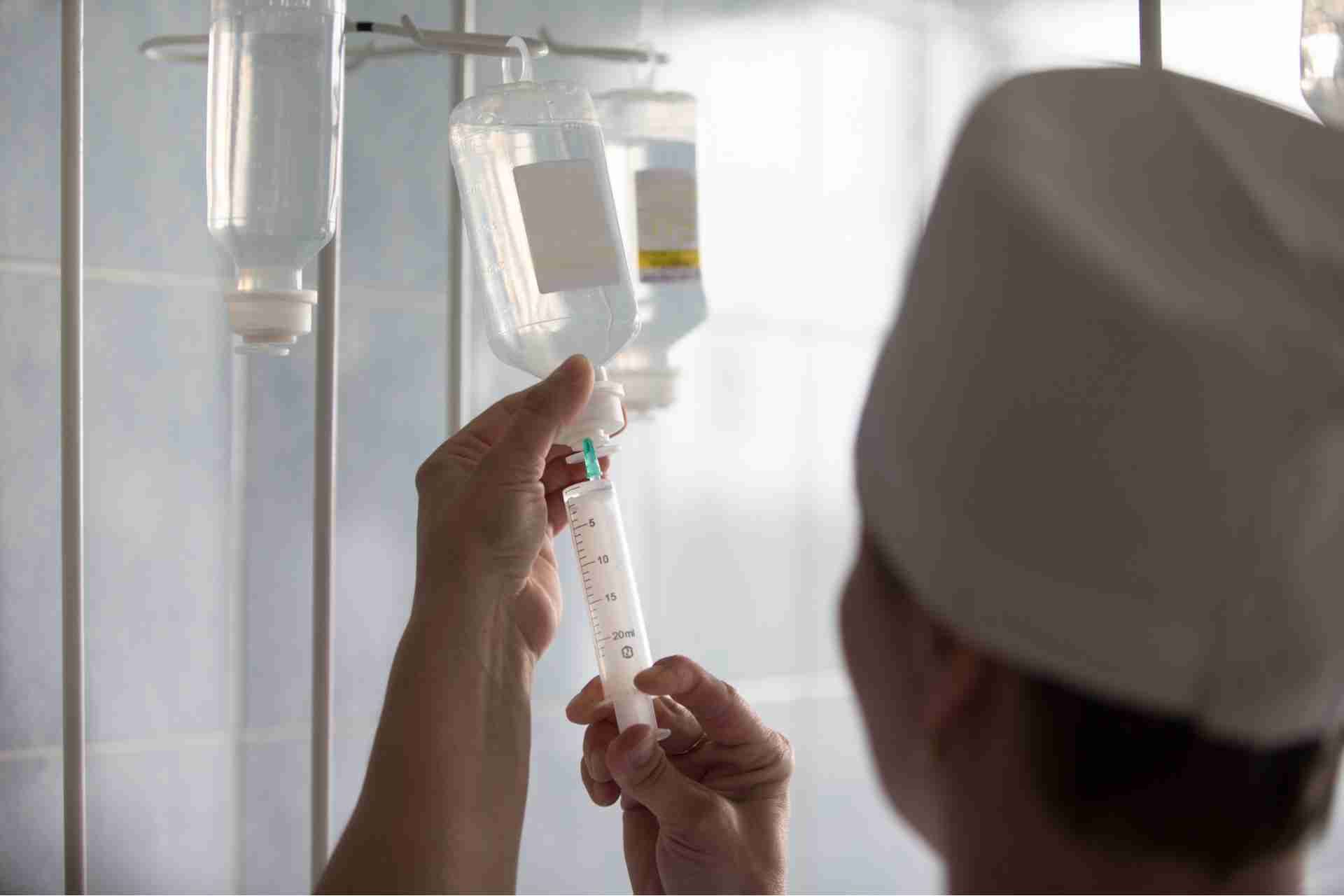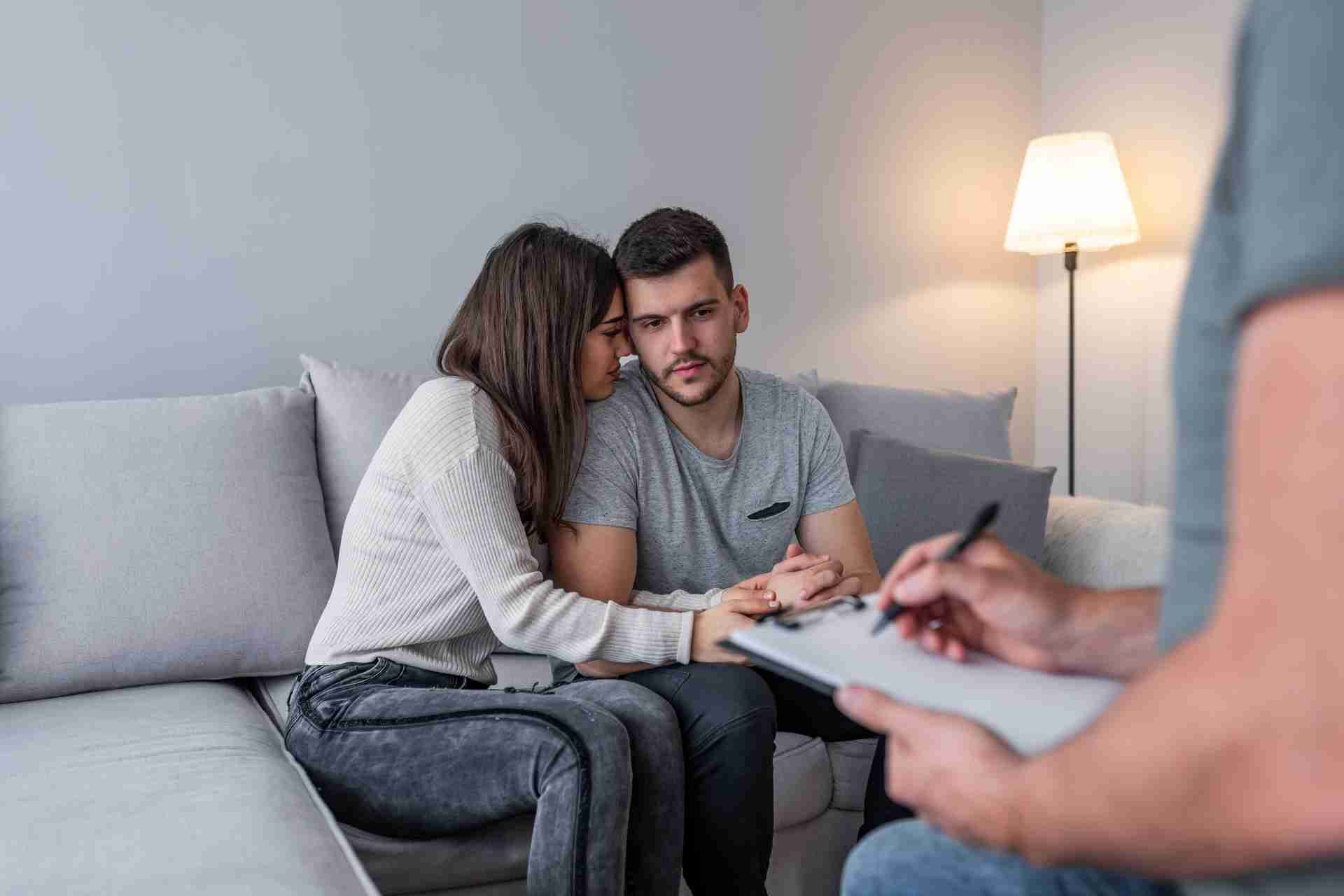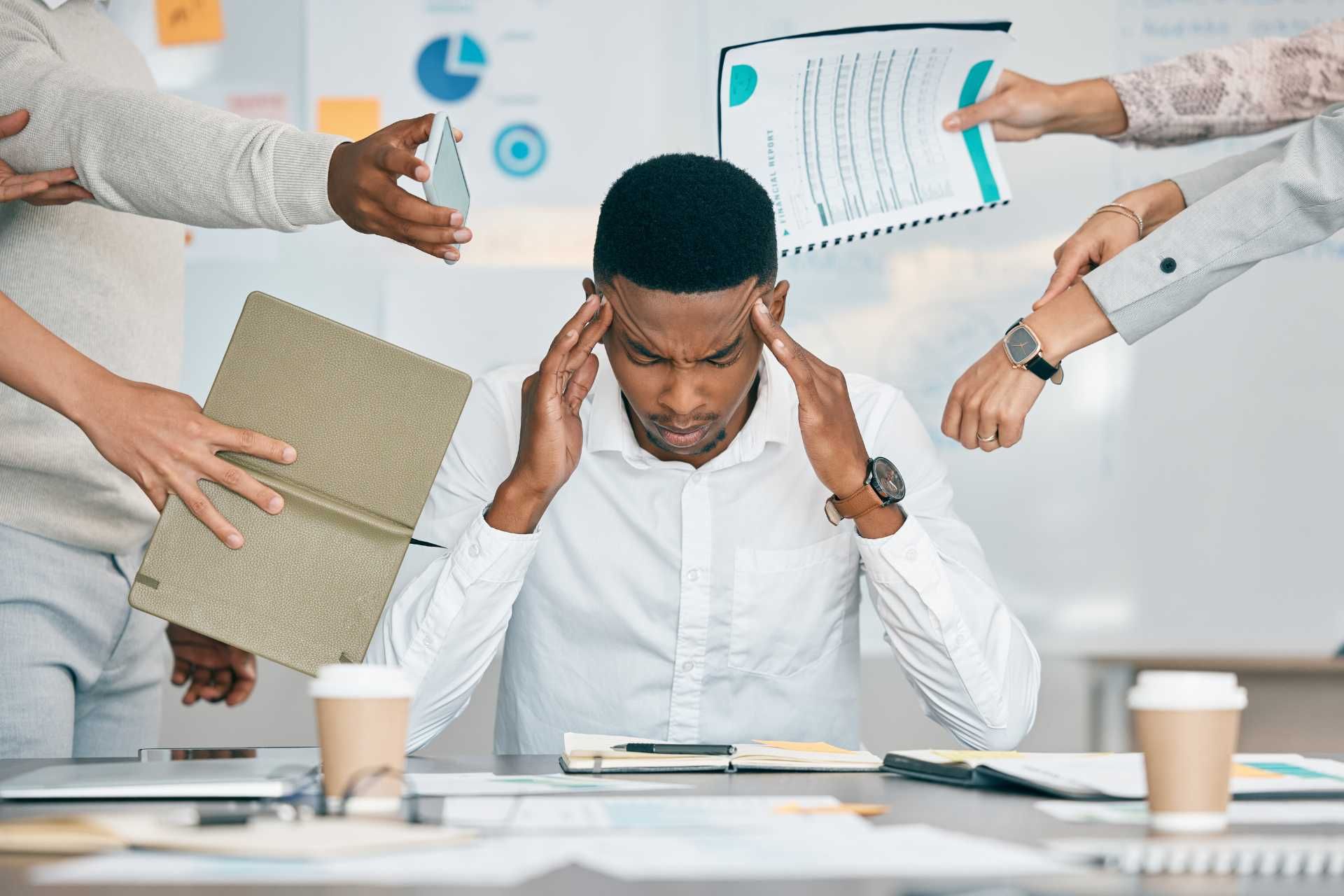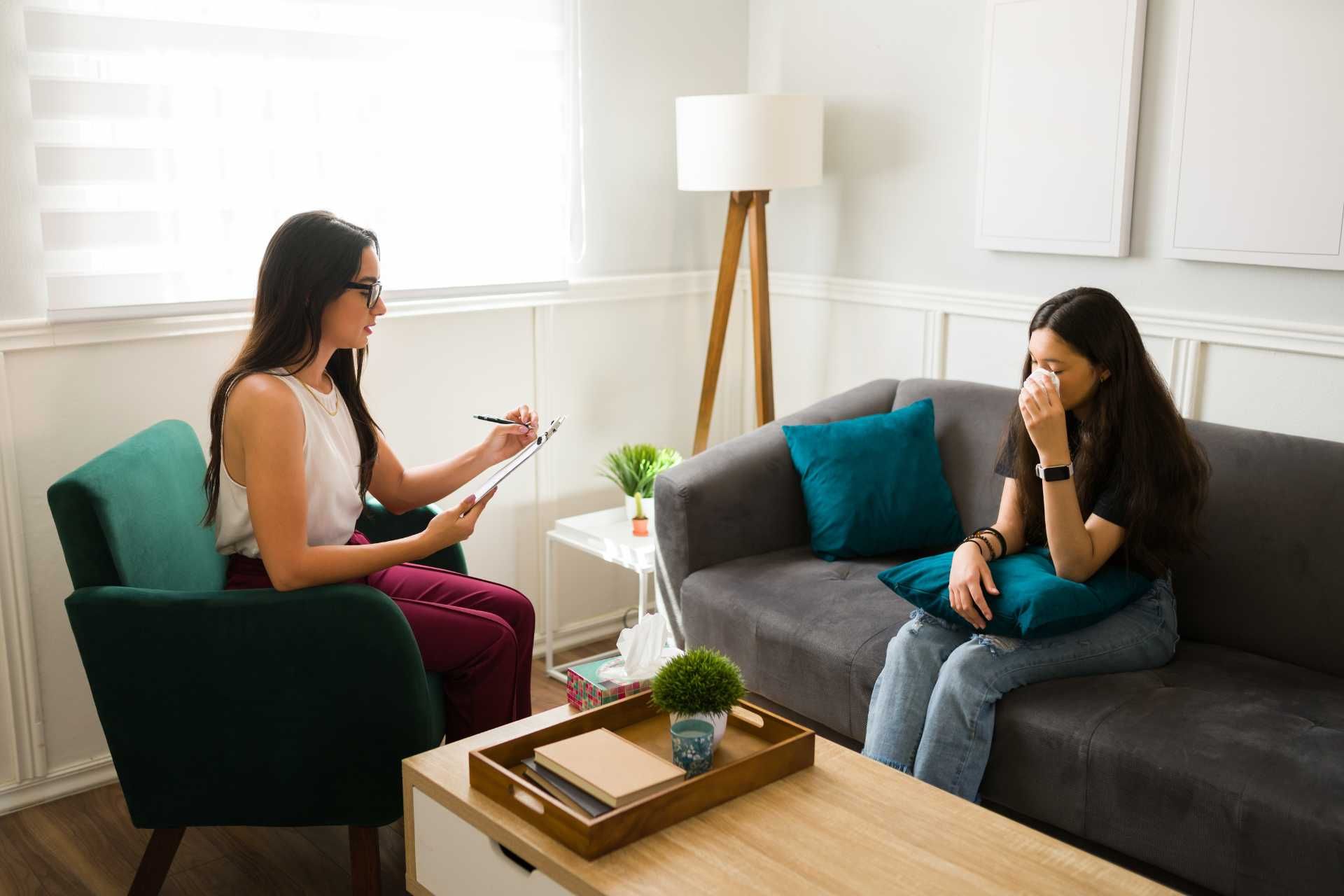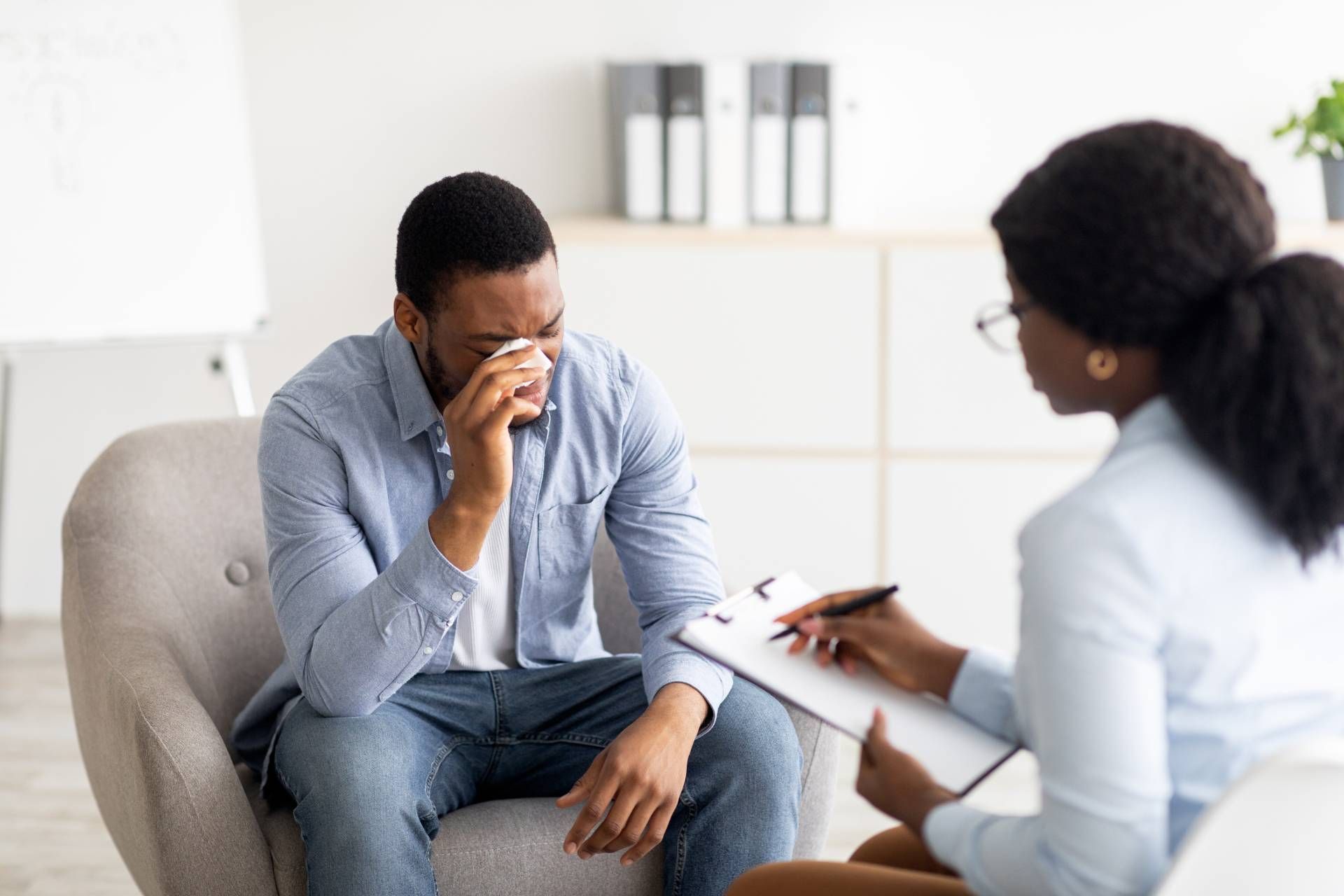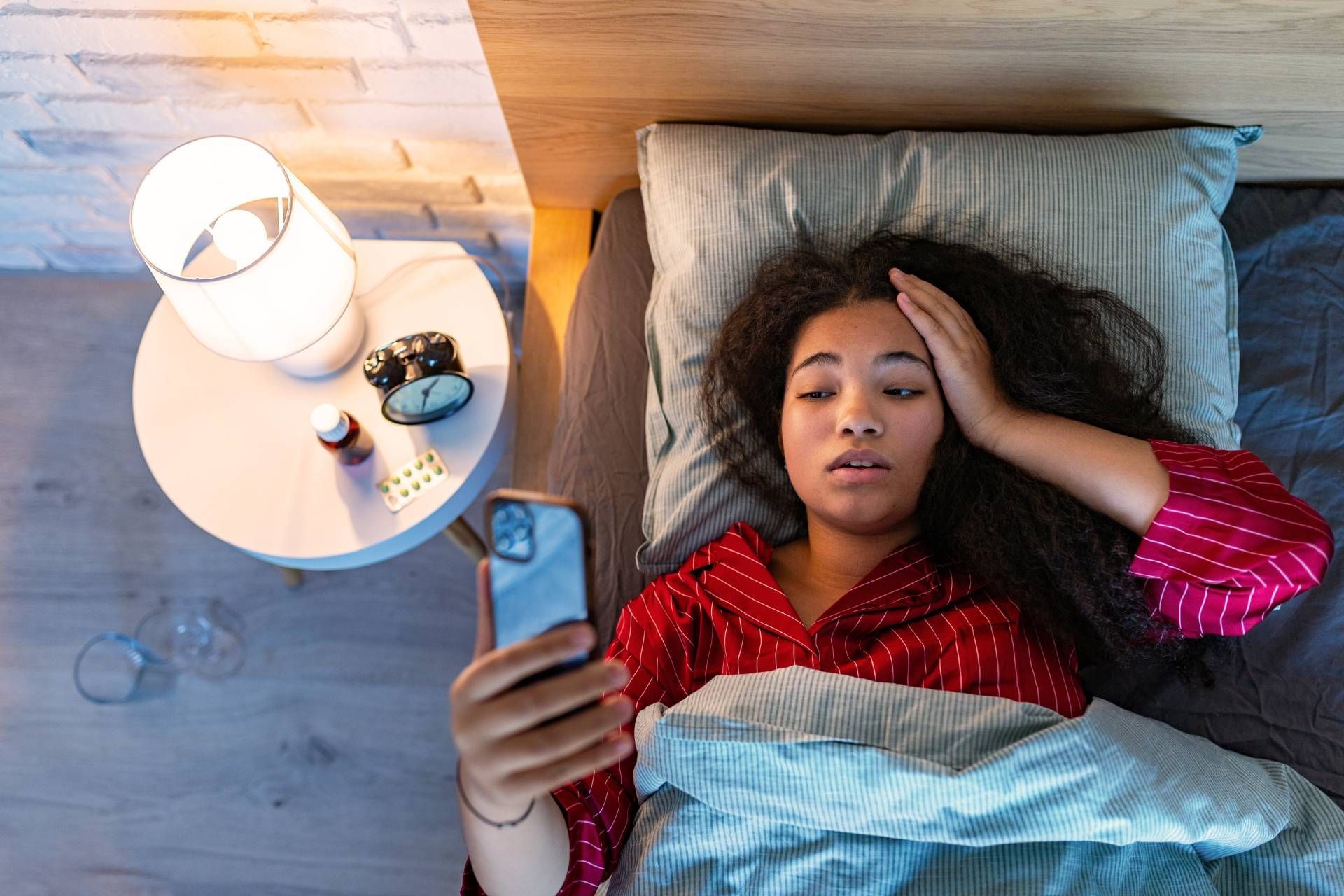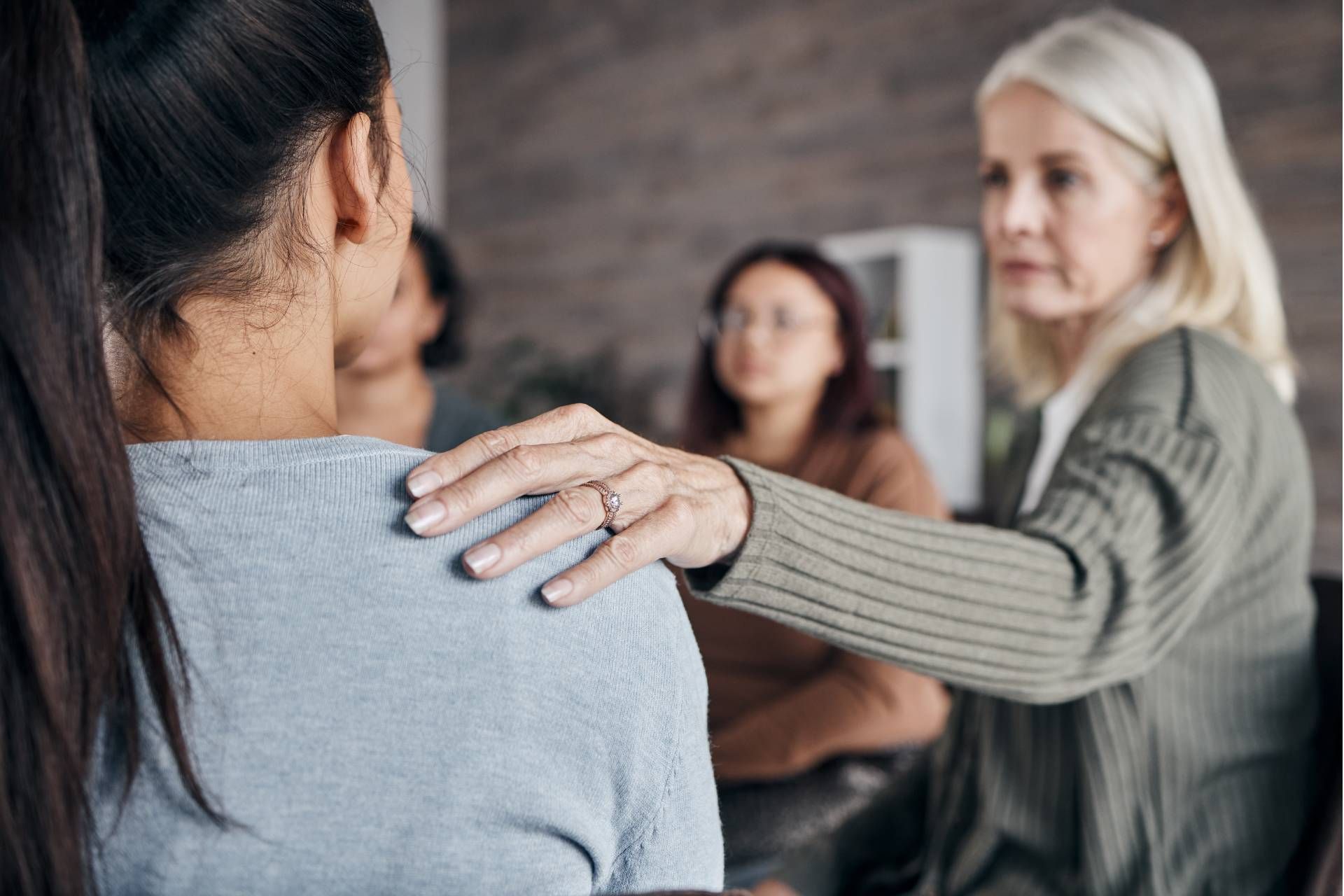Alternative Treatments for Anxiety
Anxiety is a common mental health issue that affects millions of people worldwide.
If you've ever felt the weight of anxiety pressing down on you, you might have looked beyond conventional treatments for relief.
While traditional treatments such as therapy and medication can be effective for managing anxiety, some individuals may prefer to explore alternative treatments.

These alternative treatments can often be used in conjunction with traditional methods to provide additional relief and support. Here are some alternative treatments for anxiety that you may want to consider and offers intriguing possibilities for managing anxiety in a holistic manner:
Yoga and Meditation
Yoga and meditation have been practiced for thousands of years and are known for their ability to reduce stress and promote relaxation. Both practices focus on breathing techniques, mindfulness, and physical postures to help calm the mind and body.
Yoga involves a series of physical postures and movements that are designed to stretch and strengthen the body. These movements are often accompanied by deep breathing exercises, which help to calm the nervous system and decrease anxiety levels. By focusing on the present moment and connecting with the body, yoga can help individuals reduce their overall stress levels and improve their mental well-being.
Meditation, on the other hand, involves sitting quietly and focusing the mind on a specific object, thought, or mantra. This practice helps individuals cultivate mindfulness and awareness, allowing them to observe their thoughts and emotions without judgment. By learning to detach from their anxious thoughts and feelings, individuals can better manage their anxiety and develop a sense of inner peace.
Numerous studies have shown the benefits of yoga and meditation for anxiety relief. A study published in the Journal of Clinical Psychology found that mindfulness-based interventions, such as meditation, were effective in reducing symptoms of anxiety and depression. Another study published in the Journal of Alternative and Complementary Medicine found that yoga was effective in reducing anxiety levels and improving overall well-being.
Yoga and meditation have numerous other health benefits, including improving flexibility, strength, and cardiovascular health. These practices can also help individuals develop a greater sense of self-awareness and self-compassion, which are key elements in managing anxiety.
Mindfulness Practices
To reduce anxiety, practice mindfulness techniques to cultivate present-moment awareness and promote relaxation. Begin with simple breathing exercises. Focus on your breath, inhaling deeply through your nose, feeling your chest rise, and exhaling slowly through your mouth, releasing tension with each breath. These exercises help center your mind and bring you back to the present moment.
Another effective mindfulness practice is meditation. Find a quiet space, sit comfortably, and close your eyes. Start by bringing your attention to your breath, following the sensation as you inhale and exhale. When thoughts arise, acknowledge them without judgment, and gently guide your focus back to your breath. Meditation techniques like body scan meditation, loving-kindness meditation, or guided imagery can also be beneficial in calming the mind and reducing anxiety.
Herbal Supplements
Herbal supplements are natural remedies derived from plants and herbs that have been used for centuries in traditional medicine practices around the world.
One of the most popular herbal supplements for anxiety is valerian root. Valerian root has been used for centuries as a natural remedy for insomnia and anxiety. It is believed to work by increasing the levels of a neurotransmitter called gamma-aminobutyric acid (GABA) in the brain, which helps to calm the nervous system and promote relaxation.
Another popular herbal supplement for anxiety is passionflower. Passionflower has been used in traditional medicine for centuries as a natural treatment for anxiety and sleep disorders. It is believed to work by increasing the levels of GABA in the brain, similar to valerian root.
Kava kava is another herbal supplement that has gained popularity for its anxiety-relieving properties. Kava kava is a plant native to the South Pacific that has been used for centuries in traditional medicine practices. It is believed to work by increasing the levels of GABA in the brain and promoting relaxation and a sense of calm.
Acupuncture
Incorporating acupuncture into your anxiety management approach can provide a holistic and alternative method to alleviate stress and promote relaxation. Acupuncture, a key component of traditional Chinese medicine, focuses on energy balancing within the body to address various health issues, including anxiety.
During an acupuncture session, thin needles are inserted into specific points on the body to stimulate energy flow and restore balance. This process is believed to help regulate neurotransmitters, hormones, and other chemicals in the body that influence mood and stress levels.
Many individuals find acupuncture beneficial for anxiety because it not only targets the symptoms but also addresses the root cause of the issue by promoting overall well-being. By tapping into the body's natural energy pathways, acupuncture can help relieve tension, reduce anxiety levels, and improve sleep quality.
The calming environment and therapeutic effects of acupuncture sessions can enhance relaxation and mindfulness, further supporting anxiety management. Consider exploring acupuncture as a complementary approach to traditional anxiety treatments for a more holistic and balanced well-being.
Aromatherapy
Aromatherapy has been used for centuries in various cultures as a way to promote physical and emotional well-being. Essential oils are extracted from plants and contain aromatic compounds that can have a powerful impact on our mood and emotions. When inhaled, these oils can stimulate the olfactory system, which is connected to the limbic system in the brain – the area responsible for regulating emotions and memory.
There are several essential oils that are commonly used to treat anxiety, including lavender, chamomile, bergamot, and ylang ylang. Lavender, in particular, has been shown to have calming and sedative properties, making it a popular choice for relieving stress and anxiety. Chamomile is also known for its relaxing properties and can help promote a sense of calmness and tranquility.
Using essential oils for aromatherapy is simple and can easily be integrated into your daily routine. You can add a few drops of your chosen oil to a diffuser and inhale the scent, or mix the oil with a carrier oil and apply it to your skin for a more concentrated effect. You can also add a few drops to a warm bath or use them in a massage to help relax your body and mind.
Ketamine Therapy
Ketamine is a dissociative anesthetic that has been used for decades in medical settings. In recent years, it has gained popularity for its fast-acting antidepressant effects in individuals with treatment-resistant depression. Studies have also found that ketamine may be beneficial for individuals with anxiety disorders. Ketamine works by blocking certain receptors in the brain, leading to a rapid increase in the neurotransmitter glutamate, which is believed to play a role in anxiety and mood disorders.
One of the most significant advantages of ketamine therapy for anxiety is its rapid onset of action. Unlike traditional antidepressants, which can take weeks to months to take effect, ketamine often produces noticeable improvements in symptoms within hours to days. This can be particularly beneficial for individuals experiencing severe anxiety or those in crisis situations.
Ketamine therapy has been shown to be effective in individuals who have not responded well to other treatments, including medications and therapy. This makes it a valuable option for individuals with treatment-resistant anxiety disorders. Additionally, ketamine is typically administered in a controlled medical setting, allowing for close monitoring and personalized dosing to ensure safety and efficacy.
7050 S Highland Drive Suite 120,
Cottonwood Heights, Utah 84121, United States
Phone: 385-287-1469
Copyright © 2023
Alternative Pathways, All Rights Reserved.

